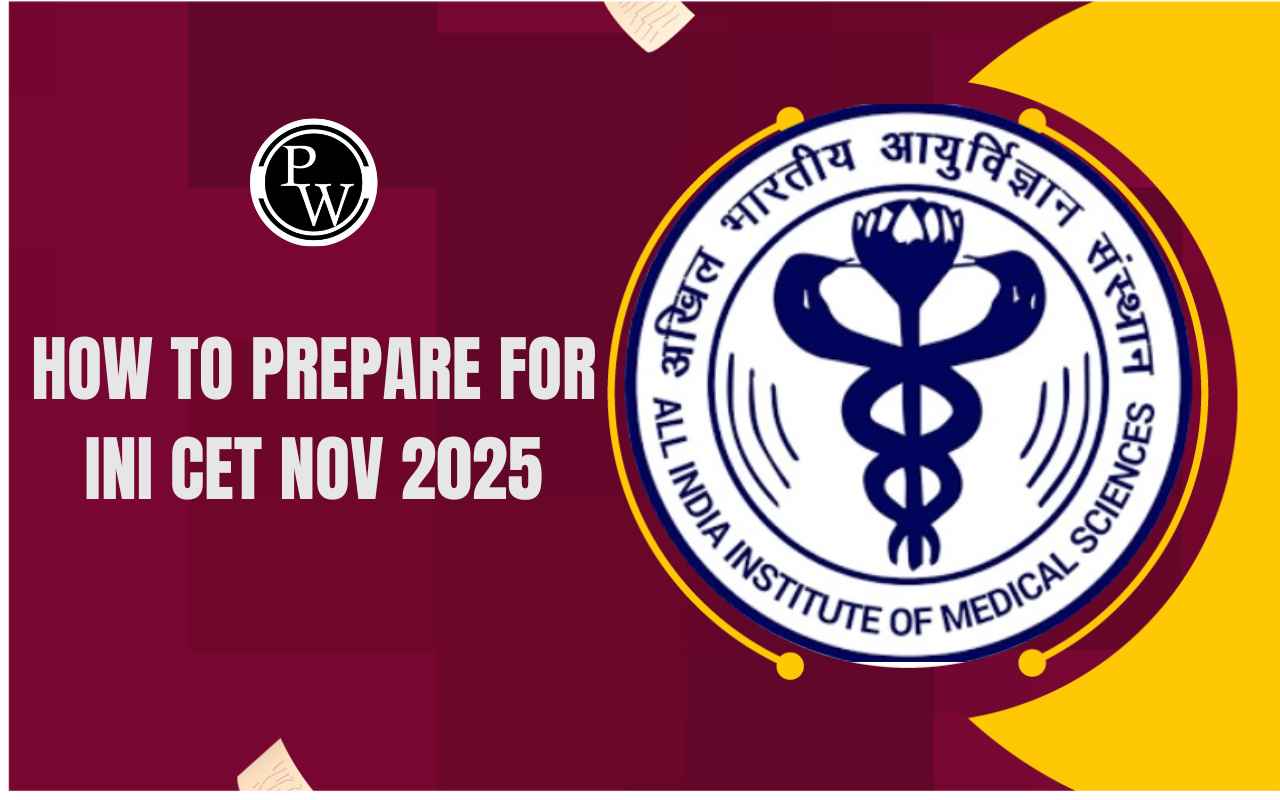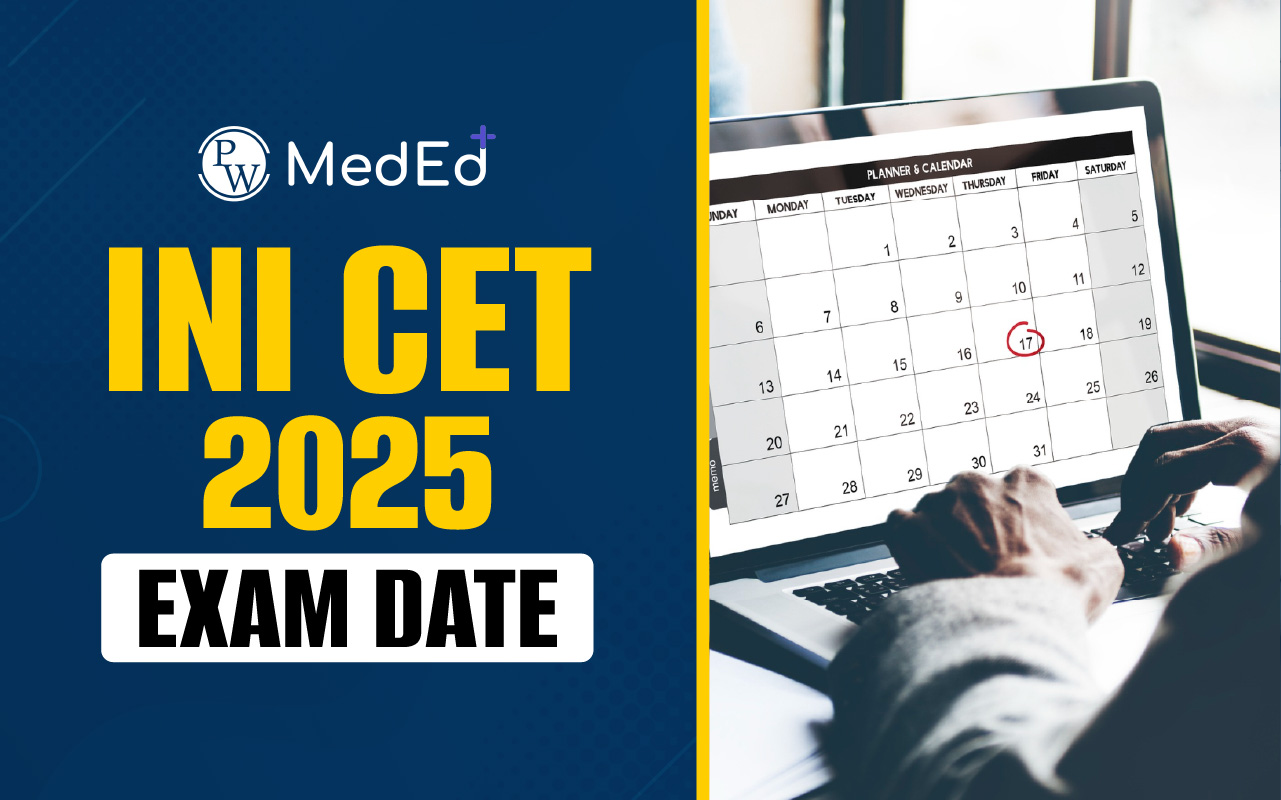

How to Read General Pathology: Strong fundamentals will make systemic pathology a cakewalk. General pathology lays the groundwork for understanding diseases, focusing on the fundamental processes that affect all organ systems. If you’re new to pathology, tackling its vast content may feel daunting.
Visit – MedEd App
- Understand the Purpose of General Pathology
- Start with the Basics
- Divide Topics into Manageable Sections
- Cell Injury and Adaptation
- Inflammation and Repair
- Hemodynamic Disorders (like thrombosis and edema)
- Immunity and Autoimmune Diseases
- Neoplasia (tumor biology)
- Use a Consistent Format for Each Topic
- Simplify Complex Concepts
- Mechanisms of cell injury (reversible vs. irreversible)
- Types of necrosis (like coagulative and liquefactive necrosis)
- Acute vs. chronic inflammation
- Shock and its types (hypovolemic, cardiogenic, septic)
- Basic principles of cancer biology
- Visual Learning Is Key
- Use flowcharts to map the steps of acute inflammation.
- Study histological slides to identify key changes like necrosis or fibrosis.
- Watch video explanations for dynamic processes like blood clot formation.
- Practice Clinical Correlation
- What symptoms might a patient with acute inflammation present?
- How would cell injury differ in hypoxia versus toxic exposure?
- Combine Resources for Better Understanding
- Robbins and Cotran Pathologic Basis of Disease: A detailed and trusted textbook.
- Test Yourself Regularly
How to Read General Pathology FAQs
What is the best way to study and retain the knowledge?
Adopt a structured approach: break topics into manageable sections and focus on understanding concepts rather than rote memorization. Use diagrams, flowcharts, and flashcards for visual reinforcement, and apply spaced repetition techniques. Discussing with peers and teaching others further consolidates your knowledge.
What is the importance of taking tests and revision?
Tests and revision help identify weak areas and reinforce your knowledge, ensuring better retention. Solving practice questions familiarizes you with exam patterns and boosts confidence under timed conditions. Regular revisions strengthen memory, converting short-term learning into long-term mastery.
What are some good resources for studying general pathology?
Key resources for studying general pathology include Robbins and Cotran Pathologic Basis of Disease, a comprehensive textbook for in-depth understanding. PW Med Ed is another excellent platform offering concise video lectures and diagrams that make complex topics easier to grasp.
What are the most important topics in general pathology?
Some of the most important topics in general pathology include cell injury and adaptation, types of necrosis, inflammation (acute and chronic), hemodynamic disorders (like edema, thrombosis, and shock), and neoplasia (tumor biology). These areas form the foundation for understanding systemic pathology and are frequently tested in exams.
Talk to a counsellorHave doubts? Our support team will be happy to assist you!

Free Learning Resources
PW Books
Notes (Class 10-12)
PW Study Materials
Notes (Class 6-9)
Ncert Solutions
Govt Exams
Class 6th to 12th Online Courses
Govt Job Exams Courses
UPSC Coaching
Defence Exam Coaching
Gate Exam Coaching
Other Exams
Know about Physics Wallah
Physics Wallah is an Indian edtech platform that provides accessible & comprehensive learning experiences to students from Class 6th to postgraduate level. We also provide extensive NCERT solutions, sample paper, NEET, JEE Mains, BITSAT previous year papers & more such resources to students. Physics Wallah also caters to over 3.5 million registered students and over 78 lakh+ Youtube subscribers with 4.8 rating on its app.
We Stand Out because
We provide students with intensive courses with India’s qualified & experienced faculties & mentors. PW strives to make the learning experience comprehensive and accessible for students of all sections of society. We believe in empowering every single student who couldn't dream of a good career in engineering and medical field earlier.
Our Key Focus Areas
Physics Wallah's main focus is to make the learning experience as economical as possible for all students. With our affordable courses like Lakshya, Udaan and Arjuna and many others, we have been able to provide a platform for lakhs of aspirants. From providing Chemistry, Maths, Physics formula to giving e-books of eminent authors like RD Sharma, RS Aggarwal and Lakhmir Singh, PW focuses on every single student's need for preparation.
What Makes Us Different
Physics Wallah strives to develop a comprehensive pedagogical structure for students, where they get a state-of-the-art learning experience with study material and resources. Apart from catering students preparing for JEE Mains and NEET, PW also provides study material for each state board like Uttar Pradesh, Bihar, and others
Copyright © 2025 Physicswallah Limited All rights reserved.









